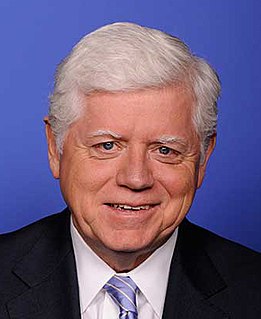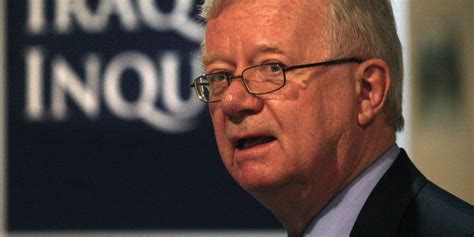Цитата Берни Сандерса
Катастрофическое вторжение в Ирак, против которого я решительно выступал, разрушило весь регион.
Темы цитат
Связанные цитаты
Мне странно это говорить, но этот процесс перемен начался из-за американского вторжения в Ирак. Я цинично отнесся к Ираку. Но когда я увидел, как три недели назад проголосовали 8 миллионов иракцев, это было началом нового арабского мира. Сирийцы, египтяне — все говорят, что что-то меняется. Берлинская стена пала. Мы это видим.
Я сказал, что вторжение в Ирак было ошибкой. Но я думаю, что если мы когда-нибудь действительно решим проблемы, связанные с экстремистским терроризмом джихадистов, мы должны понять его и осознать, что у него есть предшественники того, что произошло в Ираке, и мы должны продолжать проявлять бдительность в этом отношении.
На самом деле, если вы посмотрите на сущность ИГИЛ, как оно возникло, это продукт иностранного вторжения. Иностранное вторжение в Ирак привело к свержению Саддама Хусейна, и мы этим недовольны, но дело в том, что иностранное присутствие на любой территории создавало динамику. И вы не можете избежать этой динамики.
































